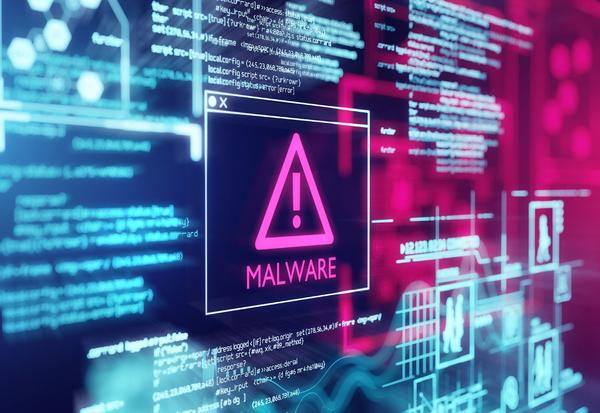
Hackers have begun to move actively as they pierce the world struck by the new coronavirus.
The new coronavirus affects not only the world economy but also people's lives and health, and is changing the way we work and interact with people every day. However, in addition to the fear of viruses that threaten people's health, these rapid changes are also creating new environments. Hacking, fraud, and spam attacks are rampant on the Internet.
Phishing emails that take advantage of the fear and confusion of the new coronavirus have been on the rise since they began to appear in January. For example, the Czech Republic's Brno University Hospital, which is also a major hub for coronavirus testing, was attacked by ransomware in early March, disrupting medical services and forcing surgery to be postponed.
Even hackers with advanced technology who are aiming for confidential data at the national level are spreading malware by setting traps using the pandemic of the new coronavirus. Now the conditions for all cyber attacks are in place.
Special feature: The battle between the new coronavirus and the "world"
How will the global spread of the new coronavirus change the world? We will deliver the latest information from the unique perspective of "WIRED", such as what you need to know now, the current state of research and development, and the impact on society and the economy.

Pandemic and unprotected security
Now, more people are forced to work from home than ever before. However, the security of the network environment at home is generally lower than that at the office. And now, even in the field of critical infrastructure where you can't continue to work safely at home or in the workplace where you handle confidential information, there are only a minimum number of people in the office.
What's more, everyone tends to be vulnerable because they are generally distracted. Also, when people are stressed or distracted, they are more likely to get caught up in scams and tricks.
"It's one of the biggest global crises we can think of, in the sense that vulnerabilities in the internet environment are causing emergencies," says cybersecurity researcher and consultant Lucash Oleinik. He specializes in risk analysis of digital security due to pandemics, pointing out:
"There are still quite a few problems going on, and with more trouble, things will get worse. The worst consequences of cyberattacks are delays in responding to crises, such as in medical facilities. Such will be considered"
Hackers aim at medical institutions in the midst of turmoil
That's exactly what's happening at the Brno University Hospital in the Czech Republic. The Czech National Cyber Security Center and security officials have not yet fully restored the hospital's digital service capabilities.
Ransomware attacks targeting hospitals are not uncommon. This is because the criminal expects that the hospital should easily respond to the demand for money because the function of the hospital needs to be restored as soon as possible. Patient health and safety are constantly exposed to the potential threat of these cyberattacks.
Even more so, the fear is especially great now that pandemics are overloading healthcare systems around the world. Cybersecurity company Coveware and anti-malware software developer Emsisoft began offering ransomware protection services to medical institutions for free on March 18 until the end of the pandemic. The two companies warn that if a medical institution is hit by a cyberattack in its current state, the damage will not be limited to computers, but will be physically sacrificed in the real world.
"Scammers" aiming to work from home
Even while doing this, the number of pandemic phishing and fraudulent sites continues to explode online. There are reports that thousands of new suspicious domains are emerging every day.
